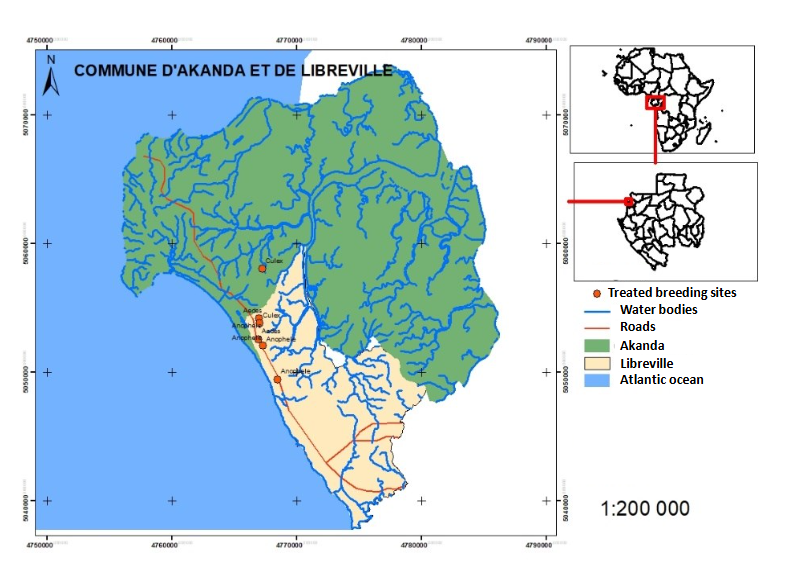Report on the South Eastern New South Wales Primary Health Network
Abstract
In response to the evolving healthcare challenges in South Eastern New South Wales, this report outlines a strategic framework for enhancing the region’s health services. Established under Australia’s Primary Health Networks, the South Eastern New South Wales Primary Health Networks aims to address significant health concerns and issues identified including high rates of potentially preventable hospitalisations, increasing chronic conditions, mental health crises, rising substance abuse, and inadequate culturally tailored health services. This report proposes four evidence-based recommendations: shifting chronic condition management to pre-hospital settings, enhancing emergency departments with 24-h mental health coverage, implementing a universal substance use screening tool, and redesigning culturally appropriate services. These recommendations are evaluated based on Duckett and Willcox’s criteria for an ideal health system, aiming to improve service efficiency, equity, quality, and acceptability.
References
[1]Department of Health. South Eastern NSW-Primary Health Networks Needs Assessment. Australian Government; 2020.
[2]Duckett S, Willcox S. Australian Health Care System, 5th ed, Oxford University Press; 2015.
[3]Grady PA, Gough LL. Self-Management: A Comprehensive Approach to Management of Chronic Conditions. American Journal of Public Health. 2014; 104(8): 25-31. doi: 10.2105/ajph.2014.302041
[4]Hardman R, Begg S, Spelten E. What impact do chronic disease self-management support interventions have on health inequity gaps related to socioeconomic status: a systematic review. BMC Health Services Research; 2020.
[5]Alex J, Ramjan L, Salamonson Y, Ferguson C. Nurses as key advocates of self-care approaches to chronic disease management. Contemporary Nurse. 2020; 56(2): 101-104. doi: 10.1080/10376178.2020.1771191
[6]O’Rourke T, Higuchi K, Hogg W. Stakeholder Participation in System Change: A New Conceptual Model. Worldviews on Evidence-Based Nursing; 2016.
[7]Skopek M, Francis J. Presentations by ambulance under the NSW Mental Health Act to an emergency department with a 24-hour mental health team. Australasian Psychiatry; 2016.
[8]Thomas K, Owino H, Ansari S, et al. Patient-Centered Values and Experiences with Emergency Department and Mental Health Crisis Care. Administration and Policy in Mental Health and Mental Health Services Research; 2018.
[9]Wasserman D, Iosue M, Wuestefeld A, & Carli V. Adaptation of evidence‐based suicide prevention strategies during and after theCOVID‐19 pandemic. World Psychiatry; 2020.
[10]Zun L. Care of Psychiatric Patients: The Challenge to Emergency Physicians. Western Journal of Emergency Medicine. 2016; 17(2): 173-176. doi: 10.5811/westjem.2016.1.29648
[11]Berends L, Lubman D. Are Medicare Locals the answer? Obstacles to alcohol and drug care; 2013.
[12]Clifford A, Shakeshaft A. Evidence-based alcohol screening and brief intervention in Aboriginal Community Controlled Health Services: Experiences of health-care providers. Drug and Alcohol Review; 2011.
[13]Spooner C, Miller S. Substance Use and Young People Framework. NSW Ministry of Health, Sydney; 2014.
[14]Derges J, Kidger J, Fox F, et al. Alcohol screening and brief interventions for adults and young people in health and community-based settings: a qualitative systematic literature review. BMC Public Health. 2017; 17(1). doi: 10.1186/s12889-017-4476-4
[15]O’Reilly R, Peters K. Opportunistic domestic violence screening for pregnant and post-partum women by community based health care providers. BMC Women’s Health; 2018.
[16]Russell M, Hill K, Day L, et al. Development of the Falls Risk for Older People in the Community (FROP-Com) screening tool. Age and Ageing; 2008.
[17]Curtis E, Jones R, Tipene-Leach D, et al. Why cultural safety rather than cultural competency is required to achieve health equity: a literature review and recommended definition. International Journal for Equity in Health. 2019; 18(1). doi: 10.1186/s12939-019-1082-3
[18]Jongen C, McCalman J, Bainbridge R. Health workforce cultural competency interventions: a systematic scoping review. BMC Health Services Research; 2018.
Copyright (c) 2024 Alan Silburn

This work is licensed under a Creative Commons Attribution 4.0 International License.








.jpg)
.jpg)

